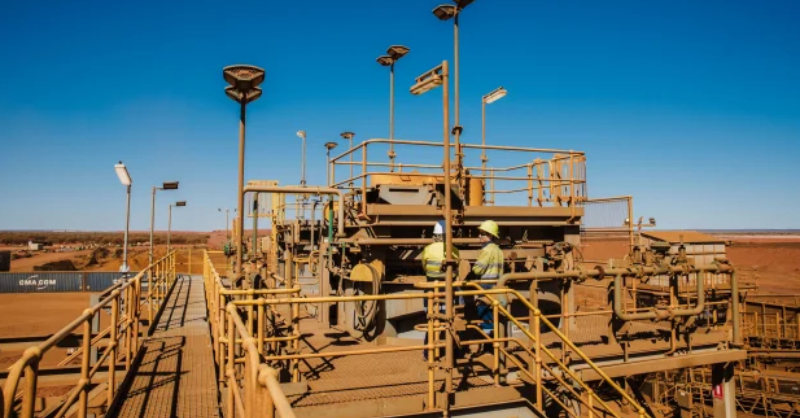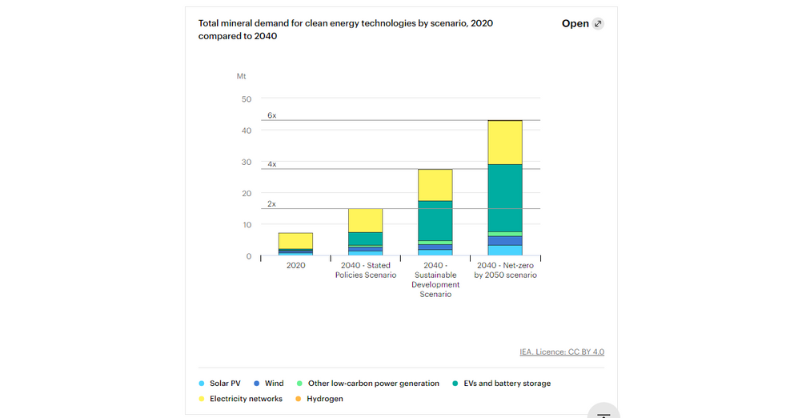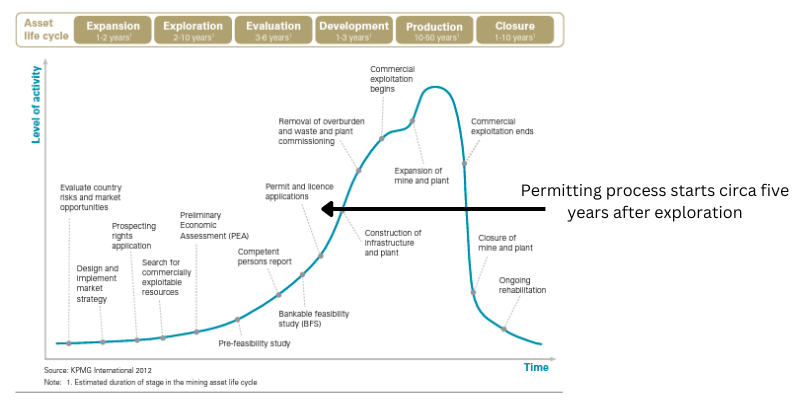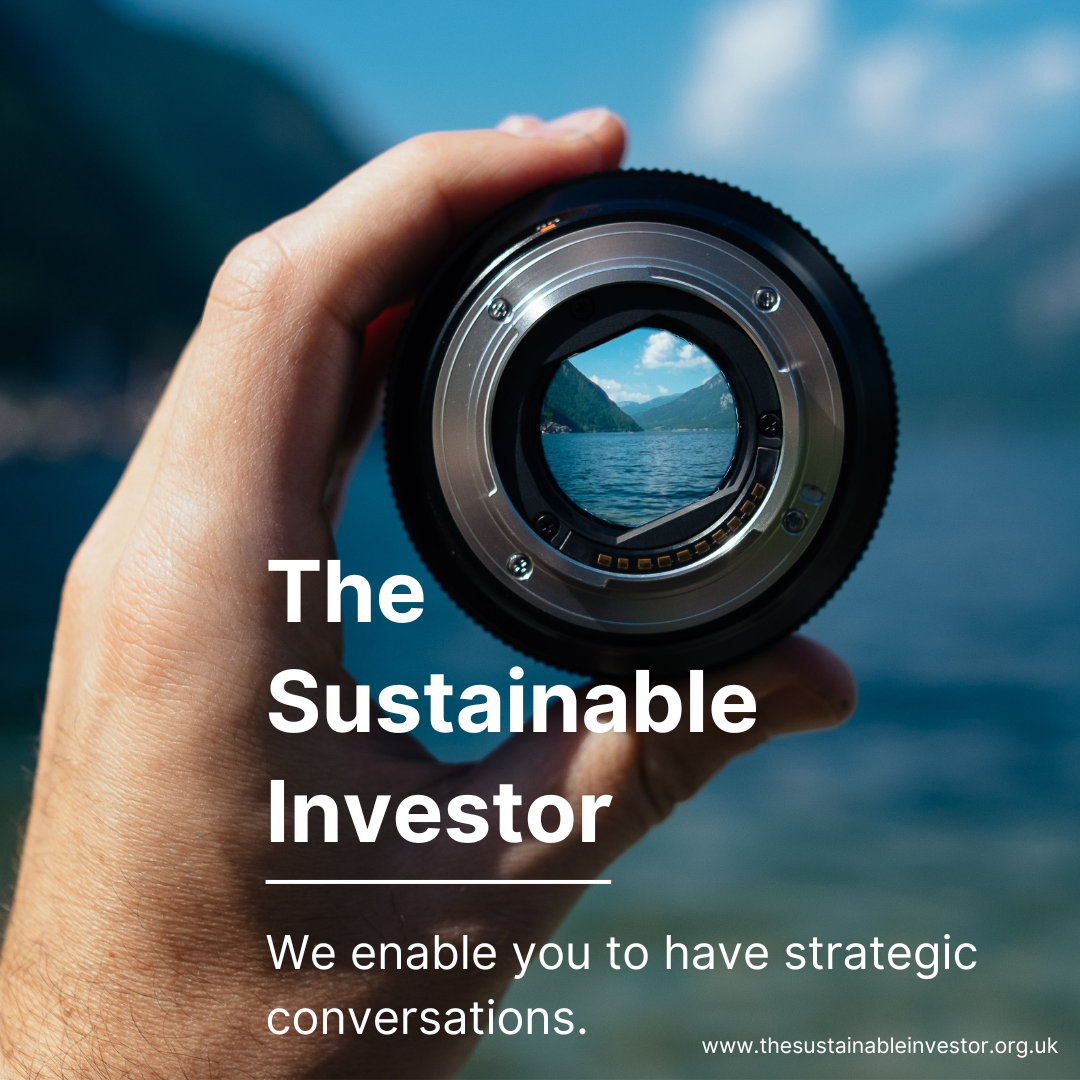
Critical mineral mining meets social license
We know we need more mining of critical minerals if the move to net zero is going to actually happen. But, how willing are we to give up other priorities, including environmental and social protections.
Summary: We know we need more mining of critical minerals if the move to net zero is going to actually happen. But, how willing are we to give up other priorities, including environmental and social protections. The measures expected in the EU Critical Raw Materials Act are going to test the “social license to operate” of the mining industry in Europe as never before. There are solutions, ways that mining and communities can coexist, but we expect it will have to be the mining companies not the politicians, that take the lead.
Why this is important: The goal of achieving a more sustainable future will often require trade-offs and the consideration of multiple, sometimes conflicting themes.
The big theme: Europe wants to decarbonise its economy. This includes sectors as diverse as transport, our buildings, our food, and of course our industry. Working out how to do this is a big challenge. To do this in a way that isn't reliant on countries such as China for important key raw materials, Europe is going to need more domestic mining and more mineral processing. Which potentially brings one part of the green agenda into conflict with another - solutions are possible, but lets not pretend its going to be easy.

The details
Summary of an article from Euractiv
To boost EU autonomy, the European Commission is seeking to introduce targets of 10%-40% of the mining, recycling, and processing of critical raw materials used in the bloc to be done within the EU by 2030. A draft version of the EU’s Critical Raw Materials Act, seen by EURACTIV and set to be presented by the European Commission on Tuesday (14 March), will introduce targets for Europe’s self-sufficiency along the entire value chain. This is expected to cover both state aid and support with faster permitting and approvals.
Why this is important
By the time you read this the European Union should have released the draft of the much expected (and widely leaked) Critical Raw Materials Act. While we should get more detail, there is one issue I don’t expect to be resolved. That is how the very understandable desire by the European Union to expand domestic mining and mineral processing will clash with the Social License to Operate (SLO).
Put simply, if the accelerated permitting and approval processes they seem to be advocating are to work, then current processes will need to be dramatically shortened. If this clash cannot be satisfactorily resolved, the plans might stay just that, only plans and aspirations.
First, the background. As the Euractiv article highlights, the EU is heavily dependent on imported critical raw materials. “The EU is currently 100% dependent on foreign suppliers in 14 out of 27 critical raw materials and is 95% dependent on an additional three critical raw materials, a report by the German Institute for Economic Research (DIW) showed”.
And we are probably going to need a lot more critical minerals. According to the IEA: “a concerted effort to reach the goals of the Paris Agreement would mean a quadrupling of mineral requirements for clean energy technologies by 2040. An even faster transition, to hit net-zero globally by 2050, would require up to six times more mineral inputs in 2040 than today".

So, what is the European plan? The EU aims to not be dependent on one single third country for more than 70% of imports for any strategic raw material by 2030 (remember the current figure is 95% dependent in 17 minerals). More specifically they have targeted that 10% of the Union’s consumption of strategic raw materials should be mined in the EU, and 15% of the annual consumption of each critical raw material should come from recycling. Finally, at least 40% of the bloc’s annual consumption of each strategic raw material should be refined (i.e. processed) domestically.
Let's park the recycling one for now - although we want to come back to this in a future long blog. This could be a really interesting opportunity for European companies, especially if reworking existing mine tailings is counted (or does this count as mining ?). On mining and production targets, the big question is how will they get there. The Critical Raw Materials Act includes special treatment for projects that are deemed “strategic”. These “strategic projects” will be identified by the European Commission together with a European Critical Raw Materials Board. This Board is yet to be established, never a good sign if we need to move quickly.
For Strategic Projects that involve extraction, the length of the permit granting process should, considering the complexity and extent of the potential impacts involved, not exceed two years. This is quite a lot longer than current practice. For instance Luossavaara-Kiirunavaara Aktiebolag, or LKAB (the mining company owned by the Swedish state) was recently quoted as saying that they “expected that it would take 10-15 years” before they could start mining the (low concentration) rare earth minerals they recently identified adjacent to the company’s Kiruna iron-ore mine. Although not all of this is permitting delays, it still gives an idea of the time scale involved in big mining projects.

One way to make this process shorter is to limit the ability of the public to object. This is likely to be a controversial move. There are a number of aspects to this. One is the traditional response to a shorter permitting process - less consultation. Recent research, that looked at a project in the Nordics, found that accelerating the process risked undermining local democracy. One telling quote was that when asked to list the important actors (in what was a mining mega project)... “few regarded other groups (outside of the mining company and similar entities) as sufficiently relevant to mention”.
And yet we know that public attitudes to mining plans are important. Key factors include the quality of any consultation process, procedural and distributional fairness, and confidence in the governance arrangements that protect citizen rights and the environment. Recent research from a Finnish team suggested that “social aspects are now considered the biggest risk facing the industry”. They particularly highlighted political risk, where mining plans come into conflict with environmental objectives and legislation - this should sound familiar ?
Something a little more bespoke?
Get in touch if there is a particular topic you would like us to write on. Just for you.
Contact us
Please read: important legal stuff.

